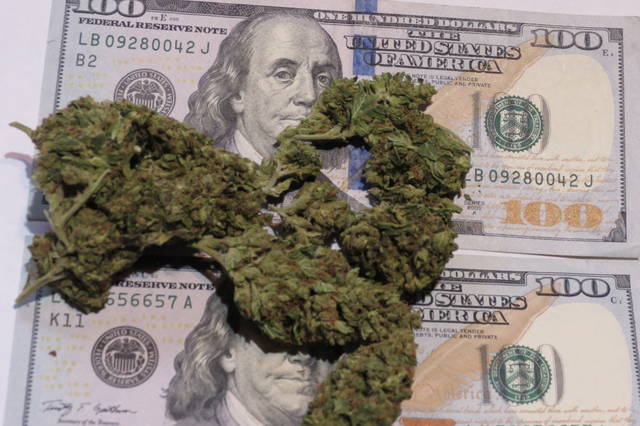
The Tax Court has held against a legal California medical marijuana dispensary’s interpretations of Code Sec. 280E, the Code section that disallows certain deductions and credits of businesses trafficking in controlled substances. Among the Court’s decisions were the disallowance of the taxpayer’s deductions for depreciation and charitable contributions.
Background—Code Section 280E. No deduction is allowed for any amount paid or incurred during the tax year in carrying on any trade or business that consists of trafficking in controlled substances, if that trafficking is prohibited by federal law (within the meaning of Schedules I and II of the Controlled Substances Act) or by the law of the state in which the trade or business is conducted. (Code Sec. 280E)
Background—accuracy-related penalty. One of the accuracy-related penalties imposes a 20% penalty on the portion of an underpayment of tax attributable to any substantial understatement of income tax. (Code Sec. 6662(a), Code Sec. 6662(b)(2))
A taxpayer can avoid the penalty if it acted with reasonable cause and in good faith with respect to the underpayment. (Code Sec. 6664(c)(1))
Facts. SJW, a corporation, operated a medical marijuana dispensary pursuant to California law. It sold cannabis to individuals who held a valid doctor’s recommendation to use cannabis. SJW also sold noncannabis items, including T-shirts, pipes, and batteries. In addition, SJW offered acupuncture and chiropractic services, as well as other “holistic” services.
IRS disallowed various of SJW’s deductions, including its deductions for depreciation and charitable contributions.
Court disagrees with taxpayer’s reading of “consists of.” SJW first maintained that, because its trade or business includes more than the sale of cannabis items (e.g., SJW also sold T-shirts and provided acupuncture services), that trade or business does not “consist of” (i.e., does not comprise exclusively) trafficking in controlled substances. Therefore, SJW concluded, Code Sec. 280E did not apply.
Noting that Patients Mutual Assistance Collective Corp. (2018), 151 T.C. 176, had rejected that argument, the Court ruled against the taxpayer, stating that it saw no reason to depart from Patients Mutual.
Court disallows depreciation deduction. SJW then argued that depreciation falls outside the scope of Code Sec. 280E because depreciation is not “paid or incurred during the tax year.”
The Court disagreed. Citing Commissioner v Idaho Power, (S Ct 1974) 34 AFTR 2d 74-5244, the Court here said that depreciation is a “cost…certainly presently incurred,” and thus was an “amount paid or incurred during the tax year.” It also cited that case in saying “depreciation—inasmuch as it represents a using up of capital—is as much an ‘expenditure’ as the using up of labor or other items of direct cost.”
Court disallows charitable contribution. SJW also contended that its charitable contributions were not paid “in carrying on” a trade or business as required by Code Sec. 280E.
The Court disagreed. It said that it is “well established that corporations are permitted to make substantial contributions which have the outward form of gifts where the activity being promoted by the so-called gift tends reasonably to promote the goodwill of the business of the contributing corporation.” In its view, the Court said, SJW contributed the amounts at issue “in carrying on” its trade or business.
The Court also dismissed, for similar reasons, SJW’s argument that its charitable contributions by definition are not “business expenditures.” It said that the concept has no relevance under Code Sec. 280E, which applies to “any amount paid or incurred… in carrying on any trade or business.”
Court finds no reasonable cause to excuse the accuracy-related penalty. SJW contended that the law in this area was unsettled as of June 15, 2016—the date that SJW filed its Federal income tax return—with the result that it reasonably reported its expenses.
In disagreeing, the Court noted that:
- Code Sec. 280E “sweeps broadly to preclude a deduction for any amount paid or incurred…”; and
- In each of the four marijuana dispensary cases that had been decided as of June 15, 2016, the Court had disallowed all of the taxpayer’s deductions.


